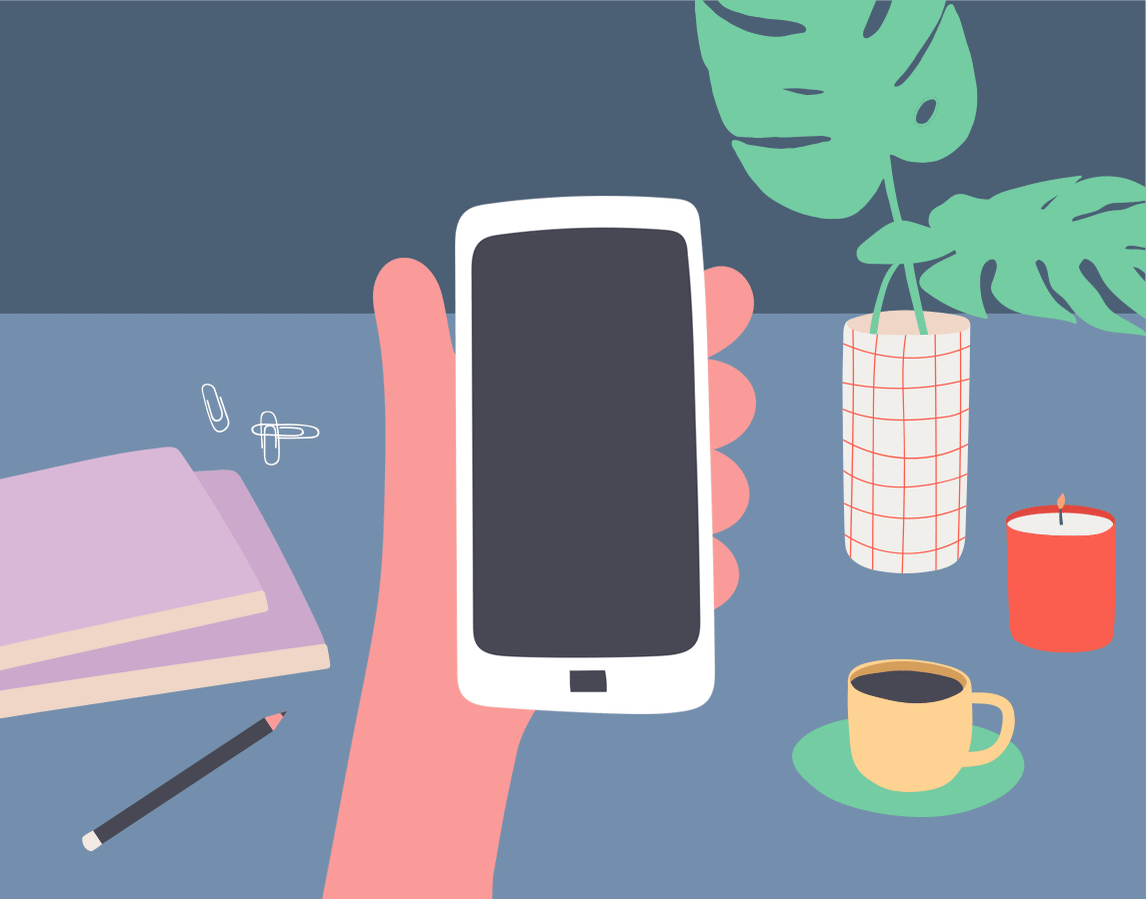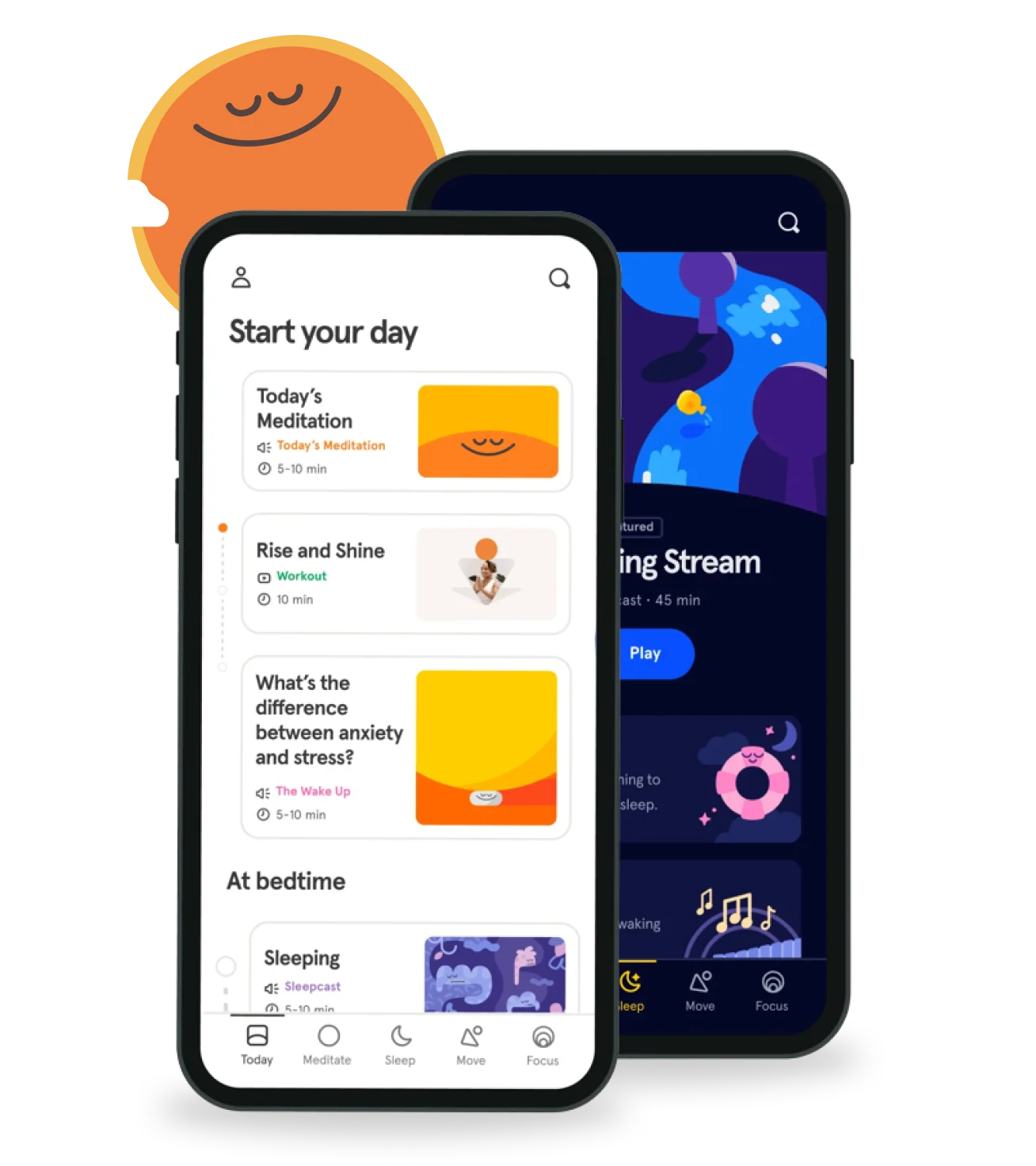Why do phone calls give us anxiety?
Jessica S.
My phone buzzes, alerting me to a new voicemail message from my mother. The call was probably a routine check-in, asking what time I’ll drop my daughter off at her house tomorrow. Yet my stomach flutters with dread. I ignore the voicemail. I’d rather call her back directly, or send a quick text: “Does 10 tomorrow work for you?”
Despite spending most of our time within arm’s reach of our phones, many of us dread actually making a call, or even listening to messages. “Anxiety is typical for all of us. It’s a universal emotion that we can all relate to,” said Dr. Lindsay Scharfstein, a psychologist who specializes in social anxiety disorder and phobias. “For the most part, we know that individuals are not afraid of phones. They have phones in their office, backpack, purse … What they’re typically afraid of is the evaluation or judgment that may happen when they’re on a phone.” Telephone phobia (the fear/avoidance of phone conversations, not the phone itself) can be one aspect of social anxiety, which affects 15 million people in the U.S. Fears that they are intruding, being unintentionally rude, or even that their voice sounds funny can keep people from making a call. My own voicemail avoidance comes down to fear of hearing bad news. Telephone phobia can also exist outside of another anxiety disorder, or it can be an indicator of depression. Given how sophisticated phones are now, it can be easy to avoid your fear, rather than confront it.
“I think that certainly millennials are able to work around the phone issue [and] rely on text, email,” said Dr. Selena Snow, a psychologist who uses cognitive behavioral therapy (CBT) to treat anxiety and stress. “Younger folks have some coping mechanisms and compensatory strategies like texting that may obscure phobia in a way that’s not as available to older generations … The phone is devoid of a lot of [nonverbal] methods of communication that encourage people to move forward and feel safe.” Case in point: Dr. Snow was fighting a sore throat when we talked. She asked me to let her know if her voice was too hoarse to understand. Meanwhile, I was nervous, as I usually am before a phone interview. I don’t type very fast. I worry that my silence as I finish taking notes will come off as rudeness or disinterest. Because we couldn’t rely on nonverbal cues like nodding or smiling, Snow pointed out, we had to convey our interest and patience verbally. Whatever the underlying cause of a person’s phone phobia may be, the consequences can be serious. People with phone phobia may avoid making doctors’ appointments for themselves or their kids, hurt friends’ feelings by ignoring calls, or falter in their job or school performance. Both Snow and Scharfstein use forms of CBT to treat people with anxiety. Some important steps include learning to recognize and let go of anxious thoughts and stay in the present moment instead of giving into fearful “what-ifs” about the future. You might be thinking that this sounds a little like meditation. In fact, both Scharfstein and Snow said many of their patients meditate to reduce anxiety.
Ten minutes of mindfulness training per day can help people recognize anxious thought patterns as they arise; deep breathing exercises can counteract the body’s nervous response. “Many people will use mindfulness and meditation to be observers of their thoughts and feelings and be present in the moment,” said Scharfstein. Being an observer means evaluating your mental state instead of putting too much weight on an anxious thought. “Our feelings aren’t facts, and our thoughts aren’t evidence that something is true.” After practicing mindfulness, the next step to treating telephone phobia is to practice something called graduated exposure. Start with something easy, like calling an automated customer service line where you won’t need to interact with a real person. Then try a simple conversation, like calling three local restaurants and asking when they close. When it comes time to do something more complex, like order takeout or schedule a dentist appointment, make notes before calling so you remember what you wanted to say. You can practice a lot of these steps on your own, but it’s OK to seek help if solo efforts aren’t working. “[T]his is a condition that is amenable to treatment,” said Snow. “Help is available. Sometimes [people] may think, ‘I’m stuck with this forever,’ and that’s not the case.” It’s also helpful to know that it’s OK to have a little anxiety from time to time, like a fluttering stomach or pre-interview jitters. The goal is to reach a point where you can still function normally. Sitting comfortably and taking a few calming breaths makes it easier to punch in my voicemail password. There’s a backlog of messages. A call from my husband about a traffic jam. A friend “just saying hi”. My mother’s message, letting me know she’s bought a stroller, so I don’t need to bring one over. Nothing to be afraid of.



Be kind to your mind
- Access the full library of 500+ meditations on everything from stress, to resilience, to compassion
- Put your mind to bed with sleep sounds, music, and wind-down exercises
- Make mindfulness a part of your daily routine with tension-releasing workouts, relaxing yoga, Focus music playlists, and more
Annual - billed at $69.99 USD/yr
14 days free
$5.83 USD/month
Monthly
7 days free
$12.99 USD/month

Meditation and mindfulness for any mind, any mood, any goal
- © 2024 Headspace Inc.
- Terms & conditions
- Privacy policy
- Consumer Health Data
- Your privacy choices
- CA Privacy Notice








